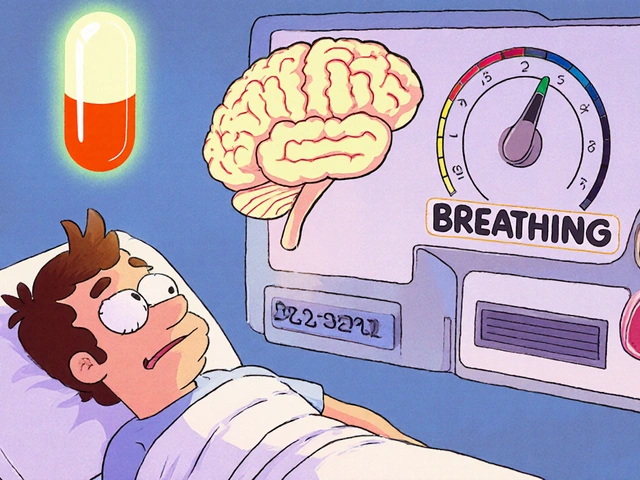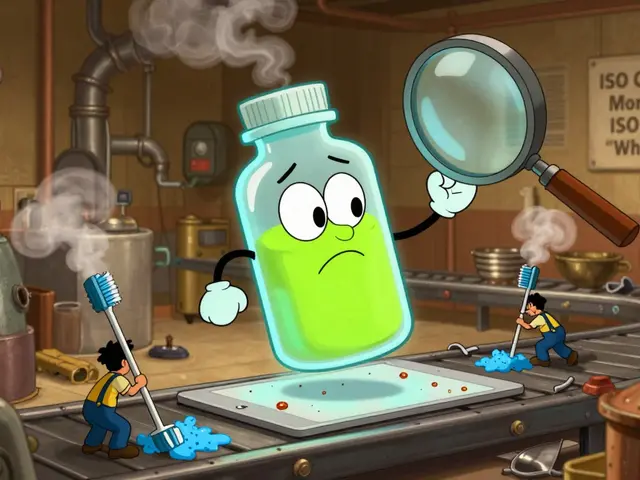Mental Health: Practical Guides, Meds, and Wellness Tips
Feeling off, anxious, or just a bit down? You’re not alone, and you don’t have to navigate it on your own. Here we break down the basics of mental health, point out the most common medications, and share everyday habits that actually help. No fluff—just straight‑forward advice you can use today.
Medication & Supplement Guide
Prescription meds are a core part of treatment for many conditions. Antidepressants like sertraline or fluoxetine work by balancing serotonin, but they can take a few weeks to kick in and may cause nausea or dry mouth at first. If you’re prescribed an SSRI, start with the lowest dose and talk to your doctor about any side effects you notice.
For anxiety, doctors often turn to benzodiazepines for short‑term relief, but these can lead to dependence if used too long. Safer long‑term options include buspirone or certain antidepressants that also calm nerves.
Supplements can support mood too, but they’re not a replacement for meds. Omega‑3 fish oil, vitamin D, and magnesium have modest evidence for helping depression and anxiety. Always check with a healthcare professional before adding a supplement, especially if you’re already on a prescription.
Watch out for drug interactions. Mixing antidepressants with over‑the‑counter pain relievers like ibuprofen is usually fine, but combining them with St. John’s wort can trigger serotonin syndrome, a serious condition. Keep a list of everything you take and share it with your pharmacist.
Everyday Strategies for Better Mental Well‑Being
Medication works best when paired with solid self‑care. Aim for 7‑9 hours of sleep; poor rest can worsen mood swings and make meds less effective. A simple wind‑down routine—turning off screens an hour before bed, dimming lights, and breathing exercises—can improve sleep quality fast.
Physical activity doesn’t have to mean a marathon. Even a 20‑minute walk boosts endorphins and can lift your mood within minutes. Try moving a little more each day—take stairs, stretch during breaks, or follow a short YouTube workout.
Nutrition matters, too. Foods rich in whole grains, lean protein, and fresh vegetables stabilize blood sugar, which helps keep mood steady. Cutting back on sugary snacks and caffeine can reduce jitteriness and crashes.
Stress management tools are a must. Mindfulness meditation, journaling, or chatting with a trusted friend for 10 minutes can lower cortisol, the stress hormone that fuels anxiety. If you notice thoughts spiraling, use the “5‑4‑3‑2‑1” grounding technique: name five things you see, four you can touch, three you hear, two you smell, and one you taste.
When symptoms persist or interfere with daily life, reach out for professional help. Therapy—whether cognitive‑behavioral, dialectical, or talk therapy—offers coping skills that meds alone can’t provide. Many clinics now offer tele‑health options, so help is just a few clicks away.
Remember, mental health is a journey, not a destination. Combining safe medication use, thoughtful supplements, and reliable daily habits gives you the best shot at feeling steady and in control.







Categories